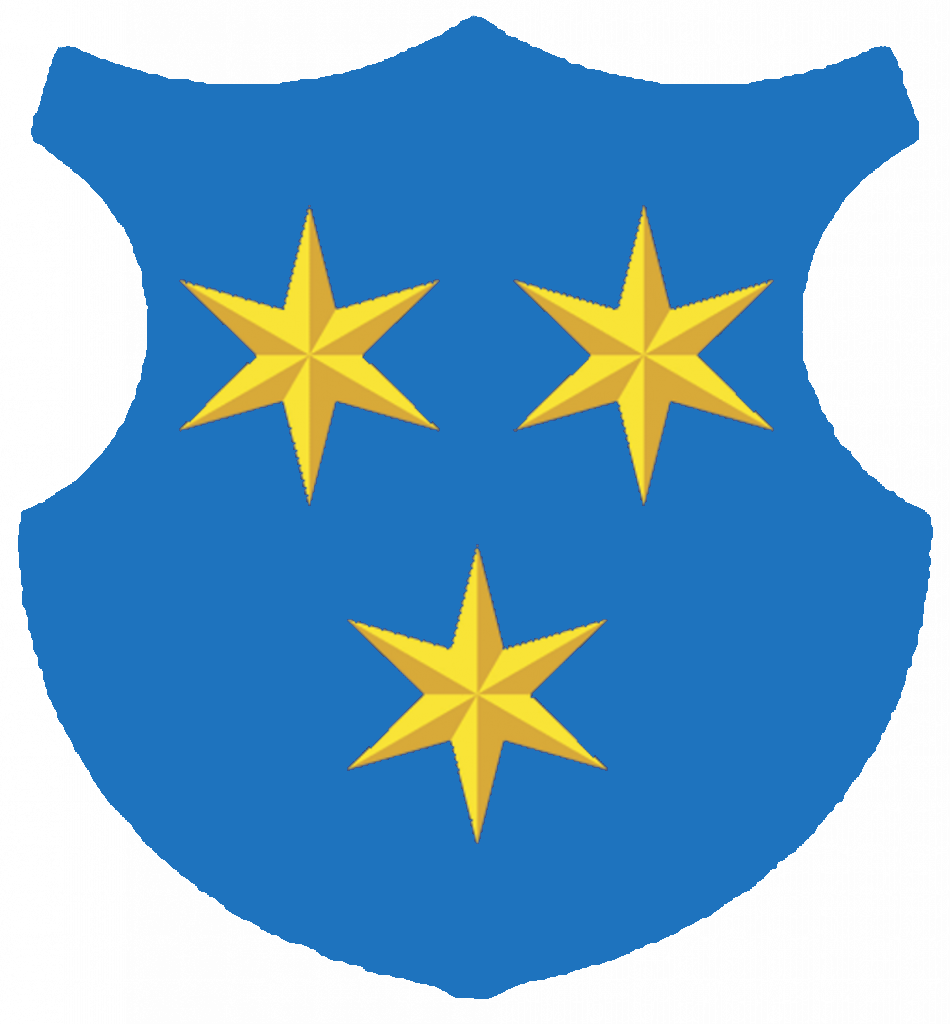| Author: | Article:
WHY POSTOJNA WANTED TO BECOME A CITY PRINCE EULENBURG AT THE LJUBLJANA COURT SHORT SKIRTS, ALCOHOL AND THE CHARLESTON SLOVENE PRESS COVERAGE OF THE ALBANIANS DURING THE BALKAN WARS |
 |
THE CASTLE OF THE SZÉCSI LAND ESTATES AND SÓBOTA IN THE PERIOD OF TURKISH RAIDS AND RELIGIOUS CONFLICTS
In the late 16th century Turkish raids to Carniola and Styria gradually ceased. A quite different destiny, however, was in store for the far north-eastern part of the Slovene ethnic territory – the Prekmurje region – which from the mid-16th century onwards, found itself at the hub of political, cultural, social, and economic changes. After the battle of Mohács (1526), the region first experienced changes in its land estates administration (Murska Sobota and Gornja Lendava), and from the turn of the century onwards the greater part of the Prekmurje region had to pay Turkish tax. Besides this, religious conflicts (i.e. the quarrel between the Catholics, Lutherans and Calvinists) had also spread dissension amongst the region’s landlords (the Szécsi, Battyány and Szápáry families) and their subjects.
HOW THE SLOVENES DEMOLISHED BELGRADE AND HOW THEY COMPLAINED BECAUSE THEY WERE NOT PAID FOR THEIR WORK
»Grant that all God’s saints help us and our comrades in these trying times«
The article investigates a heretofore unknown story from 1739 when two large groups of Slovene builders, carpenters, and miners from Idrija assisted the Austrians in demolishing a fortress in Belgrade, which had been handed over to the Ottoman state upon Austria’s defeat in the war. From time to time, the author satirically connects the story with the experiences the Slovenes had with Belgrade in the 20th century, particularly since the 18th century Slovene “demolition workers” were not properly paid for their work. The cheated workers complained about this injustice in a linguistically and orthographically interesting document, written in Slovene, from 1744, in which the expression »comrades« – a term so frequently used in the time of the second, »Communist« Yugoslavia – is also used.
WHY POSTOJNA WANTED TO BECOME A CITY
On May 3rd 1909, Postojna was elevated to the status of a city with a diploma, which was also the first document granting city rights written in the Slovene language. Naturally, a city cannot exist without its inhabitants, who take pride in being its citizens and who are prepared to work and to sacrifice their time and at least some of the money gained as a surplus from successful business ventures in order to be able to organise their lives in an urban centre. The stories printed in that invention of the age of Enlightenment (i.e. the newspapers) reflect the inhabitants’ attempts to imitate some of the more progressive cultural and ideological patterns of the times which inevitably come into conflict with the traditional customs from the times when carters and foresters had the main say in Postojna. Often contact with newcomers was useful in helping to improve the situation with regard to the one thing that meant the most to both the traditionalists and the city’s modern-thinking inhabitants: the Postojna caves.
PRINCE EULENBURG AT THE LJUBLJANA COURT
The scandal involving the Ljubljana mayor-to-be Anton Pesek
In addition to all the other parties, there were also two liberally oriented political parties striving for seats in the Municipal Council at the Ljubljana municipal elections on April 26th 1921: the Yugoslav Democratic Party (YDP) and the National Socialist Party (NSP), both of which were engaged in a tenacious struggle for the support of their voters. The YDP newspaper Jutro aimed the bulk of its attacks at the prominent NSP member Anton Pesek. Despite the recriminations delivered by the Jutro, Pesek was elected mayor with the support of almost all the political parties. However, the Belgrade Minister of the Interior refused to place Pesek’s candidacy for the mayorship before the King for approval, justifying his decision with the allegation that the elected Mayor Pesek was a homosexual. The latter reacted strongly against this accusation and attempted to exonerate his name at a legal trial, which, however, failed to produce a ruling in his favour. After this defeat, Pesek retreated from political and public life.
SHORT SKIRTS, ALCOHOL AND THE CHARLESTON
After the First World War the new dances from America also found their way into Slovenia and were enthusiastically received – particularly by the young. In addition to the pre-war tango, a number of lively dances were introduced – of which the charleston without doubt enjoyed the greatest popularity. This is also the period when the waltz achieved its third peak of popularity. These dances, of course, could not go unnoticed by the sharp eyes of the moralists who always had to find something to criticise. And even if the dances themselves were beyond reproach, fault was found in what they termed the “vices” accompanying balls, such as the latest fashions and the alcohol which were an indispensable part of these parties. The spirit of the times, however, marched on, and the people danced and amused themselves more and more at crazy parties late at night.
SLOVENE PRESS COVERAGE OF THE ALBANIANS DURING THE BALKAN WARS
During the time of the Balkan Wars, Slovene political newspapers began writing more about the Albanians. Their main source of information were the works of Serbian ethnologist Jovan Cvijić, who claimed that over the past centuries the Albanians had carried out ethnic cleansing against the Serbs in a most criminal manner throughout central and northern Albania and Kosovo and settled on what were formerly Serbian ethnic territories. With the exception of one Social -Democratic paper, the Zarja, the great majority of Slovene political newspapers carelessly adopted this prejudiced attitude against the Albanians and even intensified it. This ultimately resulted in the Slovene press describing the Albanians as treacherous savages, who lived off the spoils of the looting and slaughtering of Serbs, or at best, as a group of primitive tribes, hostile even towards each other, who were not capable of independent political life.
